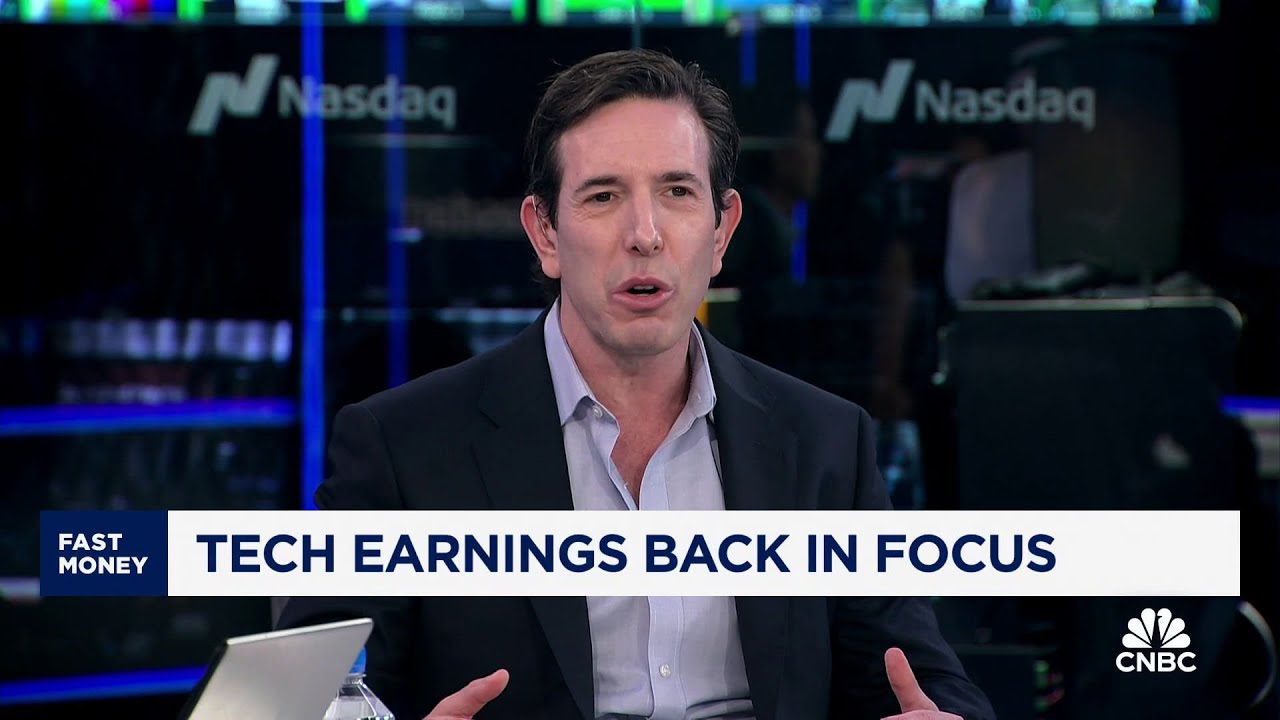Venture capitalist Bradley Tusk discussed the recent decline in AI valuations and the overall tech market, emphasizing the importance of upcoming earnings reports from major companies and the impact of supply and demand dynamics. He noted a rising failure rate among startups and highlighted the potential for a more favorable IPO environment, while stressing the need for rational valuations to foster innovation in the tech sector.
In a recent discussion, venture capitalist Bradley Tusk shared insights on the current state of AI valuations and the tech market, particularly as it relates to upcoming earnings reports from major companies like NVIDIA, Salesforce, Dell, and CrowdStrike. Tusk emphasized that while NVIDIA’s earnings are highly anticipated, the key issues revolve around whether they will exceed expectations significantly and the implications of any delays in chip production. He noted that even minor delays could impact revenue and share prices, highlighting the importance of understanding demand versus supply in the tech sector.
Tusk pointed out that despite a general decline in valuations across the tech landscape, AI valuations have remained exceptionally high until recently. He illustrated this with an example of a company seeking a $110 million valuation despite only generating $2 million in revenue, which he deemed irrational. This trend indicates a potential rationalization in AI valuations, as the market begins to adjust from the inflated figures seen during the tech boom of 2020 and 2021.
The conversation also touched on the rising failure rates among startups, which have increased by 60% as founders grapple with the aftermath of the previous boom years. Tusk expressed that while the current environment offers better valuations than before, the lack of liquidity in the market since 2021 has hindered both IPOs and mergers and acquisitions. He noted that many companies are waiting for favorable conditions to go public, which could signal a recovery in the IPO market.
Tusk highlighted the potential for a more favorable IPO environment, particularly with recent news from Wyoming suggesting that rate cuts could make venture capital more attractive than fixed income investments. He also mentioned the upcoming elections and the likelihood of regulatory changes that could positively impact the market, especially in sectors like cryptocurrency, which have faced significant challenges under current leadership.
Finally, Tusk remarked on the shift towards small-cap stocks, which could bode well for IPO activity. He emphasized that while the market should not revert to the irrational valuations of the past, it is crucial for the country to foster innovation and new tech growth. The balance between maintaining rational valuations and encouraging new startups is essential for the overall health of the tech ecosystem moving forward.
